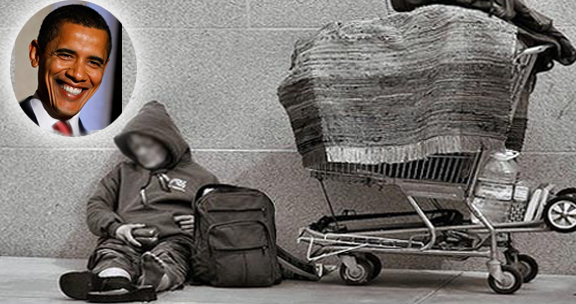In recent years, the Department of Veterans Affairs has made strides in a campaign to end veteran homelessness by 2015. Although the overall number of homeless veterans declined 12 percent between 2010 and 2011, the number of homeless female veterans is increasing, the VA said in a draft report this month. Women are the fastest-growing segment of the homeless veteran population.
“The increase of homeless women veterans is significant, and it does suggest that we have to address this as an emerging issue,” said John Driscoll, president and chief executive of the National Coalition for Homeless Veterans.
Officially, homeless female veterans number 3,328, a figure that doubled from 2006 to 2010, according to an estimate from the Government Accountability Office. The GAO says the data are incomplete and that the number is probably higher. Many of these homeless women are mothers, middle-aged or suffering from a disability.
Last year, the VA served an estimated 14,847 female veterans who were homeless, formerly homeless or at risk of becoming homeless, according to Stacy Vasquez, deputy director of the department’s homeless-veterans initiative.
The VA acknowledged in the report that there was an “acute” need to improve services for the growing number of female veterans. They are more likely to be diagnosed with mental health problems and to have suffered sexual trauma during their military service and have a greater risk of homelessness than their male counterparts, the report said.

“We have a demographic shift in the makeup of our fighting forces, and it’s starting to appear in homelessness, with more women leaving the military and becoming homeless,” said Daniel Bertoni, the GAO’s director of disability issues. Traditionally, “a lot of the systems of support have been geared toward men. A lot of these shelters don’t support children.”
The federal government has poured millions of dollars into its transitional housing and permanent voucher program for low-income people and the disabled since 2008. In addition, the government spent $60 million last year on preventive help with mortgage or rent payments and other needs.

